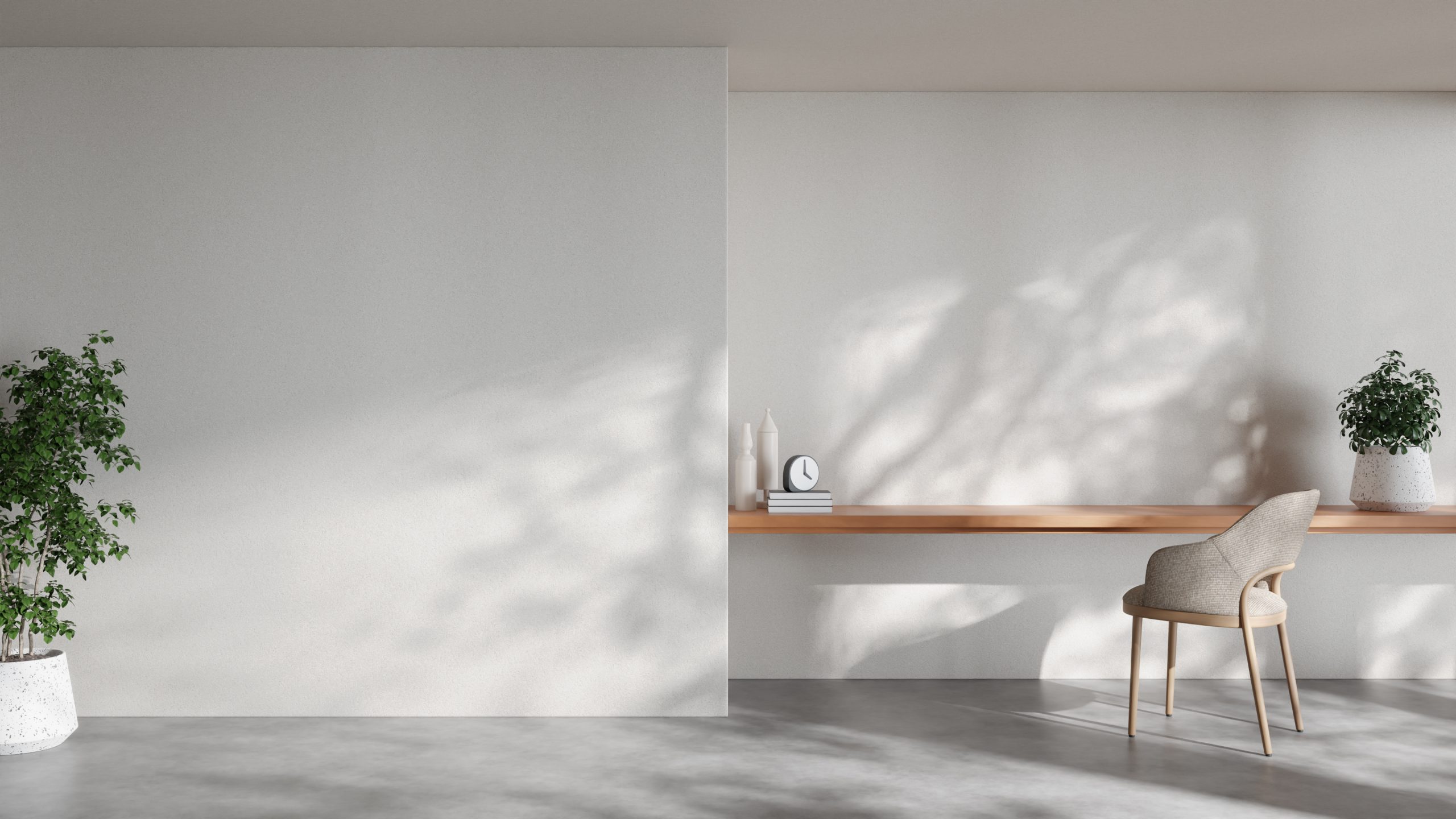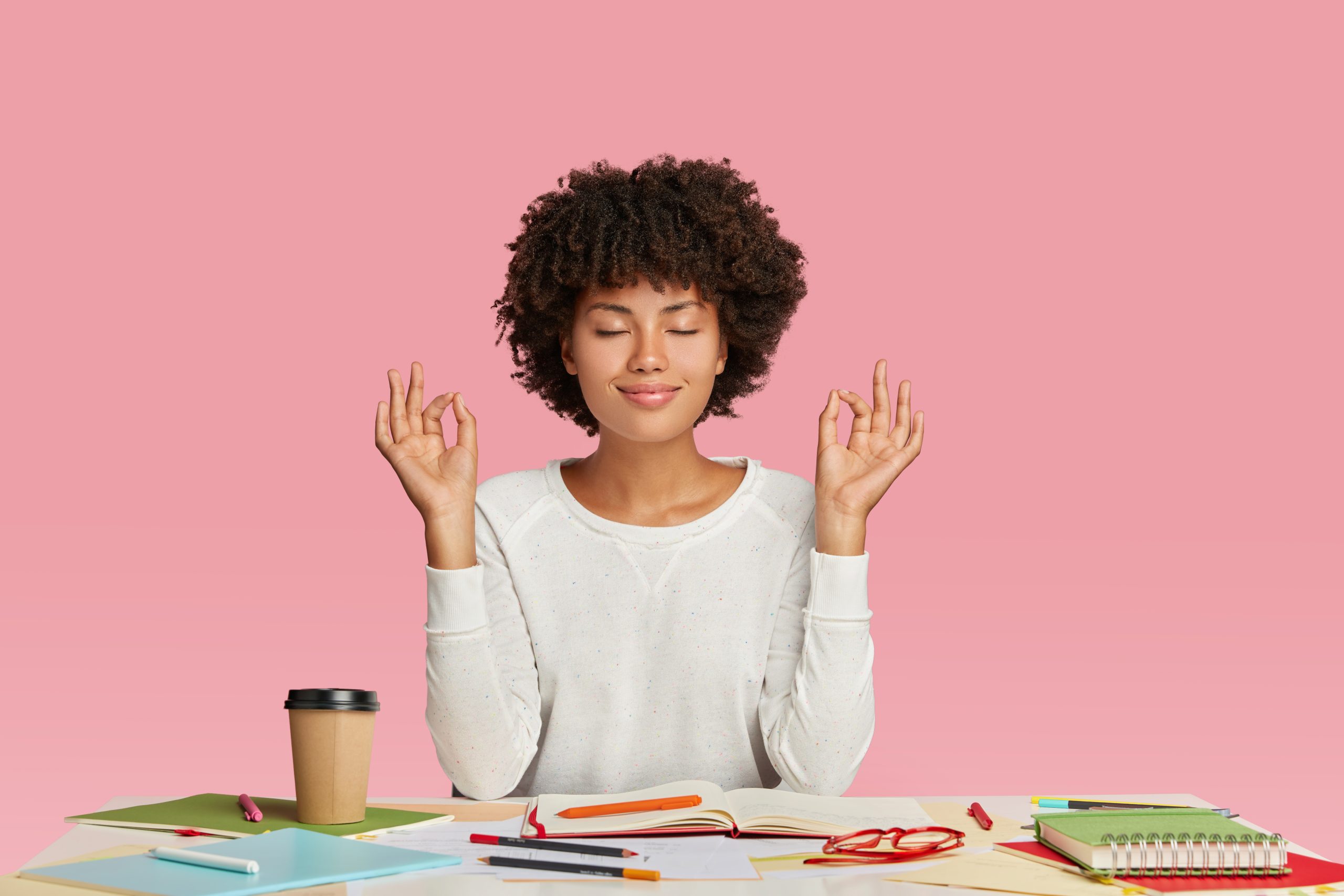In a world defined by excess and consumerism, the philosophy of minimalism emerges as a beacon of simplicity, clarity, and purpose. Rooted in the belief that less is more, minimalism encourages individuals to declutter their lives and spaces, letting go of the unnecessary to make room for what truly matters. In this essay, we explore the transformative power of minimalism and its profound ability to cultivate greater peace, clarity, and fulfillment in our lives.
At its core, minimalism is not merely about owning fewer possessions or living in sparsely furnished spaces; it is a mindset, a way of life that values intentionality, mindfulness, and authenticity. It challenges the pervasive notion that material possessions and external achievements are the primary sources of happiness and fulfillment, inviting individuals to question societal norms and redefine their relationship with consumption and abundance.
Simplifying one’s life and spaces is the essence of minimalism, a deliberate choice to strip away the excess and focus on the essentials. This may involve decluttering our physical environment, letting go of possessions that no longer serve a purpose or bring us joy, and creating spaces that are clean, uncluttered, and conducive to peace and creativity. By eliminating distractions and noise, we create room for clarity, inspiration, and deeper connections with ourselves and others.
Moreover, minimalism extends beyond our physical spaces to encompass all aspects of our lives – from our relationships and commitments to our schedules and priorities. It encourages individuals to identify what truly matters to them, aligning their actions and values with their deepest aspirations and desires. By intentionally curating our lives and saying no to activities, relationships, and obligations that drain our energy and detract from our well-being, we reclaim agency over our time, energy, and resources.
The practice of minimalism fosters a sense of liberation and empowerment, freeing individuals from the burden of excess and the pursuit of external validation. As we detach ourselves from the relentless cycle of consumption and accumulation, we discover a newfound sense of lightness and freedom that comes from living with less. By shifting our focus from acquiring more to savoring what we already have, we cultivate gratitude, contentment, and a deeper appreciation for life’s simple pleasures.
Minimalism also serves as a powerful antidote to the pervasive culture of busyness and overwhelm that characterizes modern life. In a world defined by constant stimulation and multitasking, minimalism invites individuals to slow down, be present, and savor the richness of each moment. By simplifying our schedules, prioritizing rest and self-care, and embracing the art of mindfulness, we create space for reflection, creativity, and genuine connection with ourselves and others.
Furthermore, minimalism has profound environmental implications, offering a sustainable alternative to the rampant consumerism and waste that threaten the health of our planet. By consuming mindfully, supporting ethical and sustainable practices, and minimizing our ecological footprint, we contribute to a more just, equitable, and environmentally conscious world. In embracing the principles of minimalism, we align ourselves with the values of simplicity, sustainability, and stewardship that are essential for creating a thriving future for generations to come.
In conclusion, the joy of minimalism lies in its ability to strip away the extraneous and reveal the essence of what truly matters in life. By embracing simplicity, clarity, and purpose, we create space for greater peace, fulfillment, and authenticity in our lives. As we declutter our physical spaces, simplify our commitments, and align our actions with our values, we embark on a journey of self-discovery, empowerment, and transformation. In the pursuit of minimalism, we discover that true abundance lies not in the accumulation of possessions, but in the richness of our experiences, relationships, and innermost selves.


